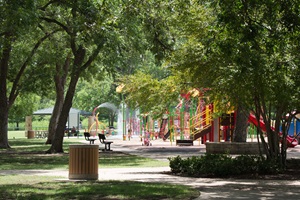Policy Committees
City officials actively debate, shape, and steer Cal Cities’ policy-making process and advocacy efforts. Over 400 officials collectively add their expertise and guidance to Cal Cities through one of seven policy committees.
City officials are appointed to policy committees through one of four ways:
- Division Appointments: Each of Cal Cities’ 16 divisions has two appointments to each of the organization’s policy committees. These appointments comprise the majority of a committee’s makeup, with a total of 32 members from Divisions on each policy committee. Division appointments are usually elected mayors or council members.
- Department Appointments: Cal Cities has nine active departments. These departments make one appointment to each policy committee. These appointments mostly add city staff expertise to a committee, except for the Mayors and Council Members Department, which appoints an elected official.
- Caucus Appointments: Cal Cities has five caucuses: Latino, Asian and Pacific Islander, Women’s, LGBTQ, and African American. Each caucus can make one appointment to each committee. If you are a member of one of these caucuses, you can seek an appointment to a committee.
- Presidential Appointments: The Cal Cities President may appoint up to 16 city officials to each policy committee. Cal Cities presidents may bring different priorities for these appointments which can include: adding city officials with expertise on important policy matters, enhancing the diversity of viewpoints, providing opportunities for new city officials to serve, and retaining the experience of long-serving members. When city officials are appointed to serve as committee Chairs and Vice Chairs, they are considered Presidential Appointments, which may open up a Division, Department, or Caucus slot.
For more information, please contact Meg Desmond.
Policy Areas and Committees
Looking for more ways to get involved? City officials also shape Cal Cities policy through its nine professional departments and five diversity caucuses. Cities can also collaborate on shared challenges through initiatives like the Coastal Cities Group or the Rural City Information Exchange. Learn how you can get involved.







